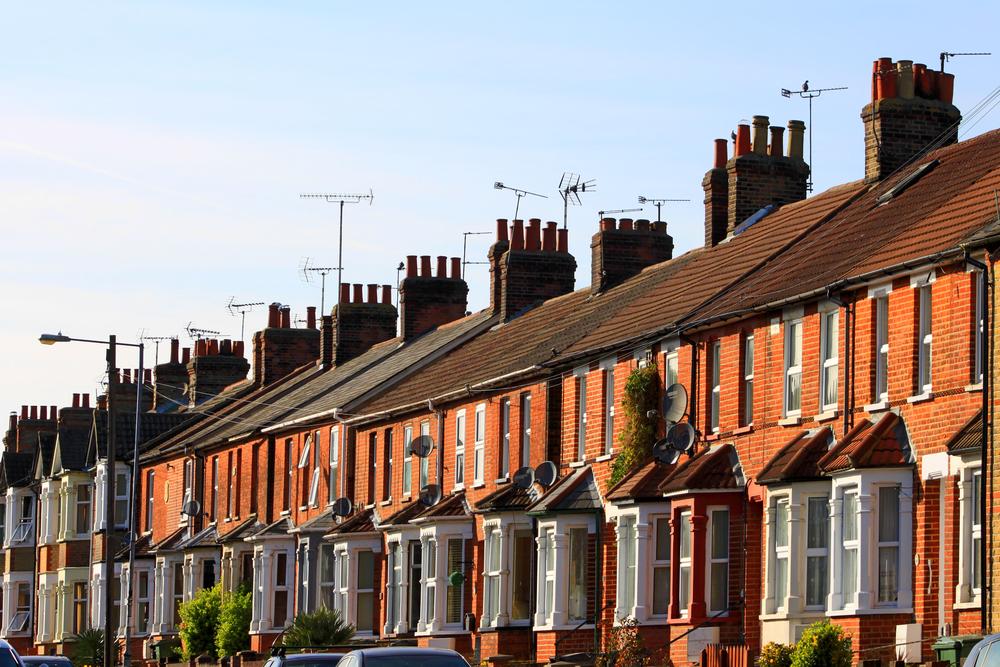The Competition and Markets Authority – CMA – announced it would be reaching out to major housebuilders for information, as part of an ongoing investigation into misinformation and mis-selling of leasehold properties.
The four housebuilders currently identified by the CMA are Barratt Developments, Countryside Properties, Taylor Wimpey and Persimmon Homes, with the CMA demanding information from each of the developers which could see them in court.
Fleeceholding now part of UK housing market culture
According to preliminary estimates, some 100,000 people have been impacted by ‘fleeceholding’, with some 18,000 National Leasehold Campaign members welcoming the MCA action and many contributing evidence to the investigation.
The practice, which many fear will become more widespread with continuing deregulation of development, involves large housebuilding firms selling leaseholds to unassuming consumers, while intentionally obscuring their intentions to exploit the terms of the lease.
In ideal conditions, a buyer would pay for the lease on a property – which might normally be between 99 and 125 years – and then have the opportunity to buy the freehold (the permanent ownership of the land the property sits on) for a reduced price.
The reality for consumers now lauding the CMA invetsigation, though, is that representatives of developers would pressure buyers into making purchases quickly, would misinform them by saying that purchasing the freehold of a property wasn’t possible or would later be possible for a small sum, and then use that lie to exploit the new homeowner.
This ‘exploitation’ is threefold. First, homebuilders will sell freeholds onto investment companies, who have been known to increase land rent (paid on top of a mortgage) by as much as 100% every ten years. Second, with land ownership belonging to investors, homeowners have to pay extortionate permission fees to perform even basic home improvements, such as repainting the front door of a property. Ultimately, the freehold owner will know that residential buyers will be desperate to improve or personalise their homes, and will happily take advantage of this fact. Third, realising that owning the freehold on a property would likely resolve many of their problems, homeowners may wish to attempt to buy the freehold. The issue, having not originally bought the freehold, is that investment companies will now grossly overcharge for the leaseholder’s right to do so at a later date, in some cases asking up to five times what the consumer would have paid, had they bought the freehold when they bought the property leasehold.
These patterns of behaviour, according to the National Leasehold Campaign, meant that many people were unable to either improve their home or had to save for long periods to pay the legal fees to win their freeholds. the result, they said, was that many now find it impossible to sell their homes, and are trapped paying extortionate land rent, in a property with a lease value which depreciates with each passing year.
Who has this happened to?
One example of these practices occurring, as reported by the BBC, is to Pediatric Nurse Kate Kendrick, who bought her “forever home” in Cheshire six years ago.
The Nurse, who now runs the National Leasehold Campaign, was informed when she bought her property’s leasehold, that she would be able to buy the freehold in future for between £2,000-£4,000. Now, she is being asked to pay £13,000.
Calling the CMA investigation a ‘massive step forward, Kendrick stated that:
“Thousands of leaseholders face continued uncertainty from the leasehold scandal and its long-term financial burden. It is time these developers do the right thing. Their profits and executive bonuses prove they can afford to put things right,”
She added that she hoped the investigation, “shamed developers and investors into action”.
Similarly, Liverpool-based builder Ian Rice told the BBC:
“We feel we’ve been caught in a leasehold trap. The developers weren’t honest with us. They told us we had to use their solicitors, who didn’t warn us about any of the hidden service charges in the lease”
Rice says he will now have to pay £20,000 plus legal fees to buy the freehold on his property, after developers sold the freehold on to new owners, who have since more than doubled the original asking price. This was after Mr Rice was told, “there wasn’t much point buying the freehold”.
What are the CMA going to do about it?
The watchdog’s Chief Executive, Andrea Coscelli, stated that:
“It is unacceptable for housing developers to mislead or take advantage of homebuyers.”
“Everyone involved in selling leasehold homes should take note: if our investigation demonstrates that there has been mis-selling or unfair contract terms, these will not be tolerated.”
Previously, CMA Senior Director for Consumer Enforcement, George Lusty, had said that:
“Our investigation will shed light on potential misleading practices and unfair terms to help better protect people buying a home in future”.
The investigation is set to cover ‘potential mis-selling’ – whether buyers have been given an accurate depiction of expectations and financial obligations – and ‘potential unfair terms’ – people paying unfair fees for contract terms, such as admin, service and permission charges.
It follows calls by MPs in the Housing, Communities and Local Government Committee, who claimed that the leasehold system had left a number of homeowners in properties that were unmortgageable and in turn unsellable.

